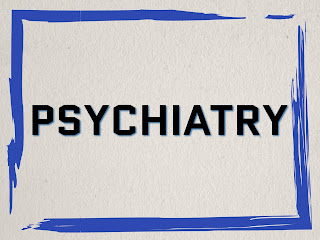- Complex feeling state with psychic, somatic and behavioral
components
ú Affect
ú Mood
ú Other
emotions
ú Physiological
disturbances associated with mood
AFFECT
- Observed expression of emotion
- Possibly inconsistent with description of emotion
- Appropriate –emotional tone in harmony with
accompanying idea, thought or speech
- Inappropriate – disharmony between emotional
tone and idea, thought or speech
MOOD
- Pervasive and sustained emotion
- Subjectively experienced and reported
- Dysphoric – unpleasant mood
- Euthymic – normal range of mood
- Expansive – expression of feelings
without restraint
- Irritable – easily annoyed and provoked
to anger
- Elevated – air of confidence and
enjoyment; mood more cheerful
than
usual
- Elation – feelings of joy, triumph,
intense self-satisfaction or optimism
- Euphoria – intense elation with feelings
of grandeur
- Ectasy – feeling of intense rapture
- Depression – psychopathological feeling of
sadness
- Labile (mood swings) –
oscillations between euphoria and depression or anxiety
- Anhedonia – loss of interest in and
withdrawal from all regular and pleasurable activities
- Alixethymia – inability or difficulty in
describing or being aware of emotions or mood
PHYSIOLOGICAL
DISTURBANCES ASSOCIATED WITH MOOD
- Signs of somatic (usually autonomic) dysfunction
- Most often associated with depression
- Also called vegetative signs
- Anorexia – loss of or decrease in
appetite
- Bulimia – insatiable hunger and
voracious eating
- Hyperphagia – increase in appetite and
intake of food
- Insomnia – lack or diminished ability to
sleep
- Hypersomnia – excessive sleeping
- Constipation – inability to defecate or
difficulty in defecating
MOTOR BEHAVIOR
- Aspect of psyche that includes impulses, motivations, wishes,
drives, instincts and cravings
- Expressed by behavior or motor activity
SOME
DISTURBANCES IN MOTOR BEHAVIOR
- Echopraxia – pathological imitation of
movements of one person by another
- Catalepsy – immobile position that is
constantly maintained
- Cataplexy – temporary loss of muscle tone
and weakness precipitated by a variety of emotional states
- Negativism – motiveless resistance to all
attempts to be moved or to all instructions

Comments
Post a Comment